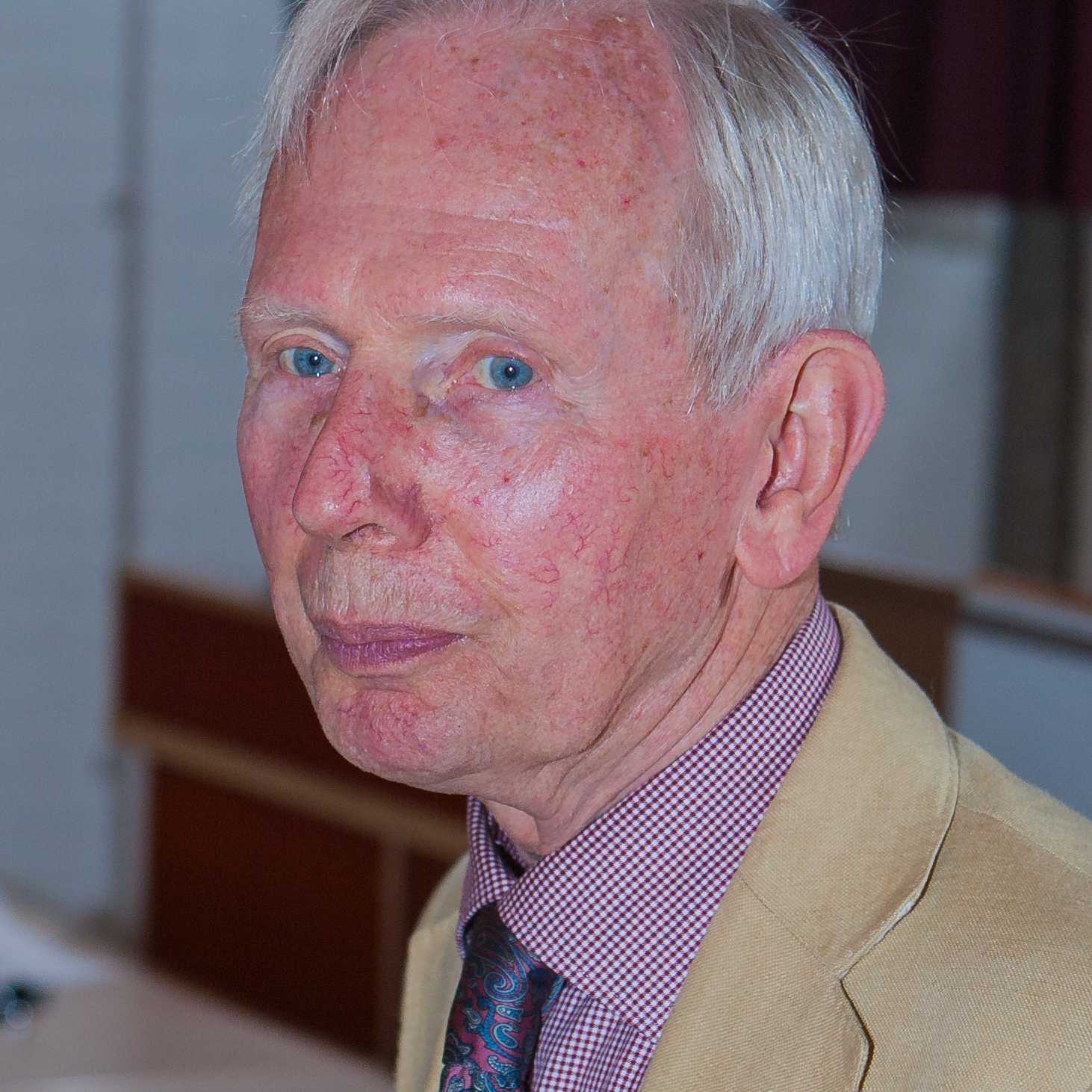Publications - Table of Contents
Filter by type:
Title pages, Table of Contents, and Introduction, pp. 3-5
Full text of the Introduction
Jan G. Platvoet, James L. Cox, & Jacob K. Olupona (eds.) 1996, The Study of Religions in Africa: Past, Present and Prospects. Cambridge: Roots and Branches, ISBN 0 9525772 2 4 (pbk), 393 pp..
This volume contains peer reviewed, revised, selected papers, presented at the IAHR first ever Regional Conference in Africa on ‘The Study of Religions in Africa’, at the University of Zimbabwe, Harare, Zimbabwe, 15 to 19 September 1992. In its closing session, AASR (the African Associations for the Study of Religions) was founded.
An introduction by Jacob Olupona and me, and two more articles by me have been added. They are:
= Jan G. Platvoet & Jacob K. Olupona 1996, ‘Perspectives on the Study of Religions in sub-Saharan Africa’, pp. 7-36; full text at: https://jangplatvoet.nl/wp-content/uploads/2017/03/Perspectives.Introd1996.2017.pdf
= Jan G. Platvoet 1996, The Religions of Africa in their Historical Order, 46-102; full text at https://jangplatvoet.nl/wp-content/uploads/2017/03/ReligionsOfAfricaInHistoricalOrder.pdf
= Jan G. Platvoet 1996, From Object to Subject: A History of the Study of the Religions of Africa, 105-138; full text at https://jangplatvoet.nl/wp-content/uploads/2017/03/FromObjectToSubject.1996.2017.pdf
The problem of the definition of religion is studied in this volume from many anglcs and by different disciplines. Apart from papers on the history of the concept of religion, methodological reflections on its definition are presented, as well as explicit definition proposals and their relation to research programmes. In addition, the volume contains analyses of the pragmatics and polemics of defining religion in modern societies, in both academic and extra-academic contexts. In the courts, for instance, the question is debated which groups may, or may not, count as ‘a religion’ and claim tax exemption. Some of the contributions to this volume address such legal and political controversies. The focus of this collection is, however, on the pragmatic instrumentality and strategic intent of whatever concept of ‘religion’ is being proposed. We argue in favour of an anti-essentialist, anti-hegemonic and multi-dimensional approach, for religions are immensely varied and complex phenomena, which need to be studied by several academic discipiines from many different perspectives. A broad variety of definitions of religion may, therefore, be legitimately developed and proposed.
